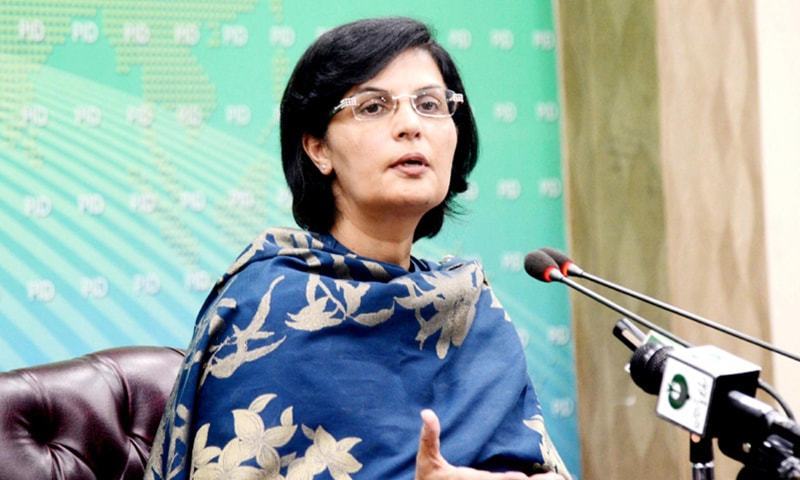ISLAMABAD: The government has formulated a strategy how to implement its flagship programme Ehsaas aimed at poverty alleviation and provision of social protection to the needy and downtrodden people.
The strategy was finalised in the first meeting of the Poverty Alleviation and Social Safety Division’s (PASSD) Ehsaas Implementation Group chaired by Special Assistant to the Prime Minister and Benazir Income Support Programme (BISP) Chairperson Dr Sania Nishtar on Tuesday.
The meeting discussed the roles, key areas of execution and monitoring mechanisms of different organisations involved in the implementation of Ehsaas programme under the umbrella of the PASSD.
Speaking during the meeting, Dr Nishtar explained that all the organisations under the PASSD involved in implementing Ehsaas were given roles that were mutually reinforcing and that there was every effort made to exploit synergy.
Under the strategy, the BISP is being mandated to run cash transfers, Pakistan Baitul Mal’s role is to be responsible for demand side social protection whereas the Pakistan Poverty Alleviation Fund has the responsibility for poverty graduation.
Dr Nishtar said she wanted to ingrain the culture of collaboration within the PASSD and, therefore, cross-organisational committees were being formed. “The government is giving special emphasis on governance and integrity, which is why we have launched the governance and integrity policy last week,” she added.
She apprised the participants that the PASSD would be mainly engaged with all organisations concerned under Ehsaas to ensure policy coherence, governance oversight, coordination and monitoring. “To avoid duplication among the implementing organisations, an online portal would be set up to provide one window visibility of all social safety and poverty alleviation interventions being carried out under Ehsaas,” she added.
The meeting was also attended by Ali Raza Bhutta, secretary of the BISP; Shahid Naeem of the Ministry of Planning, Development and Reform; retired Capt Asadullah Khan, additional secretary of the PASSD; Aon Abbas Bappi, managing director of the Pakistan Baitul Mal (PBM); and heads and senior officials of the Pakistan Poverty Alleviation Fund (PPAF), Trust for Voluntary Organisations (TVO), Centre for Social Entrepreneurship and Centre for Rural Economy.
Poverty score card
The BISP secretary said that his organisation had technical infrastructure in hand to share database facilities with the stakeholders concerned for identification and targeting of beneficiaries based on poverty score card. He shared details about the new National Socioeconomic Survey, which is under way.
Dr Nishtar appreciated that the supply centred role of BISP under the Ehsas programme as its national socio-economic registry survey would provide the basis for all policy interventions to be executed under Ehsas.
The PBM managing director, while sharing his organisational functions and jurisdictional roles, said that under Ehsaas, 150 schools for the marginalised would be rehabilitated, 150 women empowerment centres (educational and vocational set-ups) would be supported for socio-economically uplifting rural women. In addition, five old people homes will be developed under Ehsaas.
He said efforts were under way to develop a policy on orphanages.
Published in Dawn, July 24th, 2019














































Dear visitor, the comments section is undergoing an overhaul and will return soon.